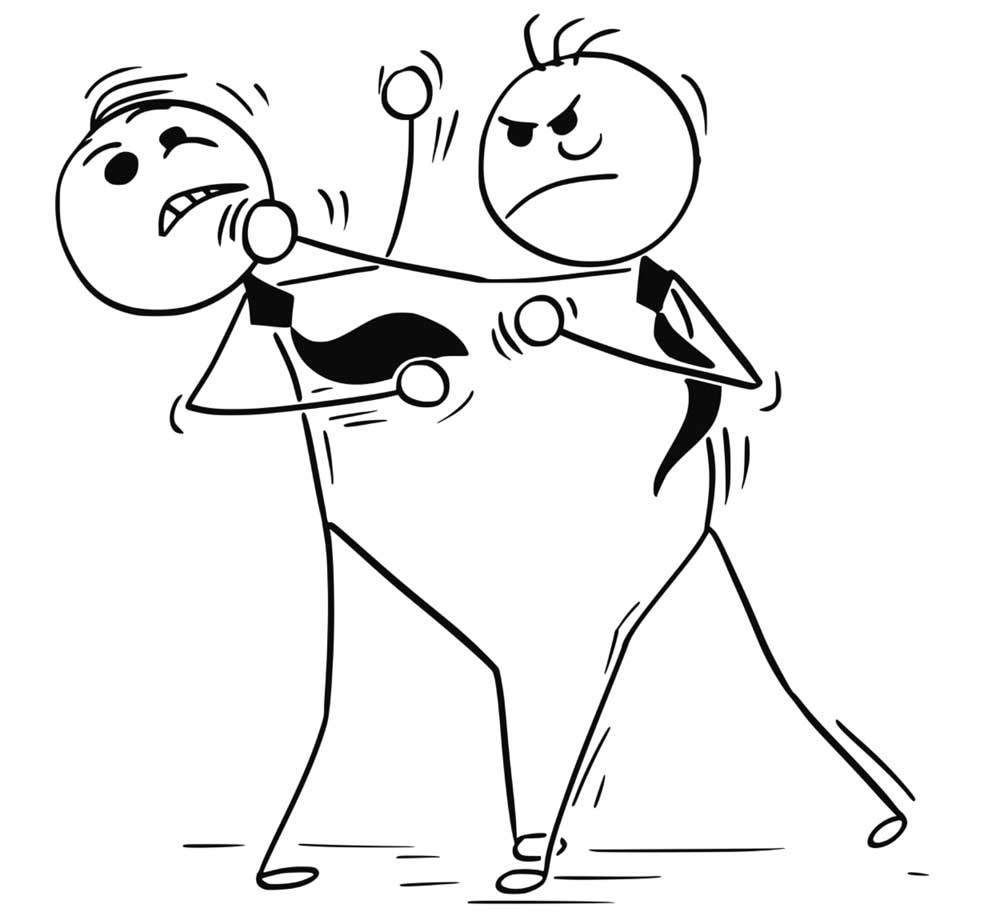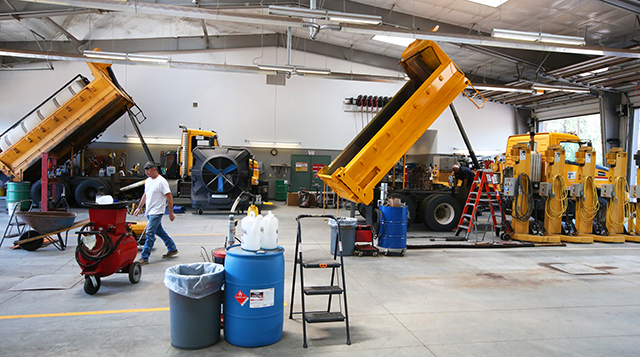Guest column: Reframe the language of politics toward constructive engagement
Published 9:00 pm Wednesday, July 24, 2024

- Fighting
The tone of political discourse has undergone a notable shift in recent years, moving from a rhetoric of representation to one of mobilization. Where politicians once promised to “fight for us,” they now increasingly call on their supporters to take up the fight themselves. This evolution in language reflects broader changes in the political landscape and has significant implications for social cohesion and civic engagement.
Historically, politicians positioned themselves as champions of the people, vowing to advocate on behalf of their constituents within the halls of government. This framing casts them as intermediaries between the public and the mechanisms of governance. However, the current trend toward exhorting supporters to “fight” represents a more direct and confrontational approach to political participation.
Trending
Several factors have contributed to this shift. Social media has enabled politicians to communicate directly with their base, bypassing traditional media filters. This direct connection has fostered a sense of intimacy, shared purpose, and usurp any vestige of third party fact checking. Increasing political polarization has heightened the false perception of an existential threats from opposing ideologies, fueling a siege mentality among partisan groups.
The transition from “I will fight for you” to “You must fight” has profoundly affected political engagement and social dynamics. On one hand, it has energized grassroots movements and increased civic participation. Supporters feel a greater sense of agency and responsibility in shaping political outcomes. This can lead to higher voter turnout and more active community organizing.
However, the militaristic language of “fighting” has also contributed to a more combative and divisive political atmosphere. When political discourse is framed as a battle, it becomes harder to find, or want, common ground or engage in constructive dialogue with those holding different views. This polarization can erode social trust and make compromise increasingly difficult.
The call to “fight” is becoming literal and yielding dangerous consequences. Some individuals may incorrectly interpret this rhetoric as justification for physical confrontation or violence against political opponents. Politicians intentionally invoke metaphorically hollow words that are turned into tangible acts of violence, revenge, and retaliation. Glib words are taken literally, and the escalation of confrontational language contributes to an environment where extreme actions seem more acceptable.
The social divide exacerbated by this shift in political tone manifests in various ways. Families and friendships strain under the weight of political disagreements. Communities become more segregated along ideological lines. The perception of fellow citizens as enemies rather than simply neighbors with differing political positions undermines the social fabric binding our diverse society together. It moves us philosophically, from the greater the differences, the greater the opportunities to the greater the irreconcilable chasm.
It is crucial for political leaders and citizens alike to reflect on the power of language and its real-world impacts. A return to rhetoric emphasizing shared values and collective problem-solving will help bridge divides and reduce tensions. Politicians must reframe their message to emphasize constructive civic engagement rather than confrontation. Do we really want them to ‘fight’ for us or represent all their constituents?
Trending
Ultimately, the evolution of political language from representation to mobilization reflects broader societal changes and technological developments. While it has energized some forms of political participation, it has also contributed to increased polarization and social fragmentation. As we navigate these complex dynamics, fostering a political discourse that balances passion with empathy and engagement with respect for diverse viewpoints will be essential for maintaining a healthy democracy and cohesive society. Maybe if we start fighting less and listening more, we might just find our way back to something resembling sanity. Remember, if everyone is listening, no one has to yell to be heard and maybe understood.








